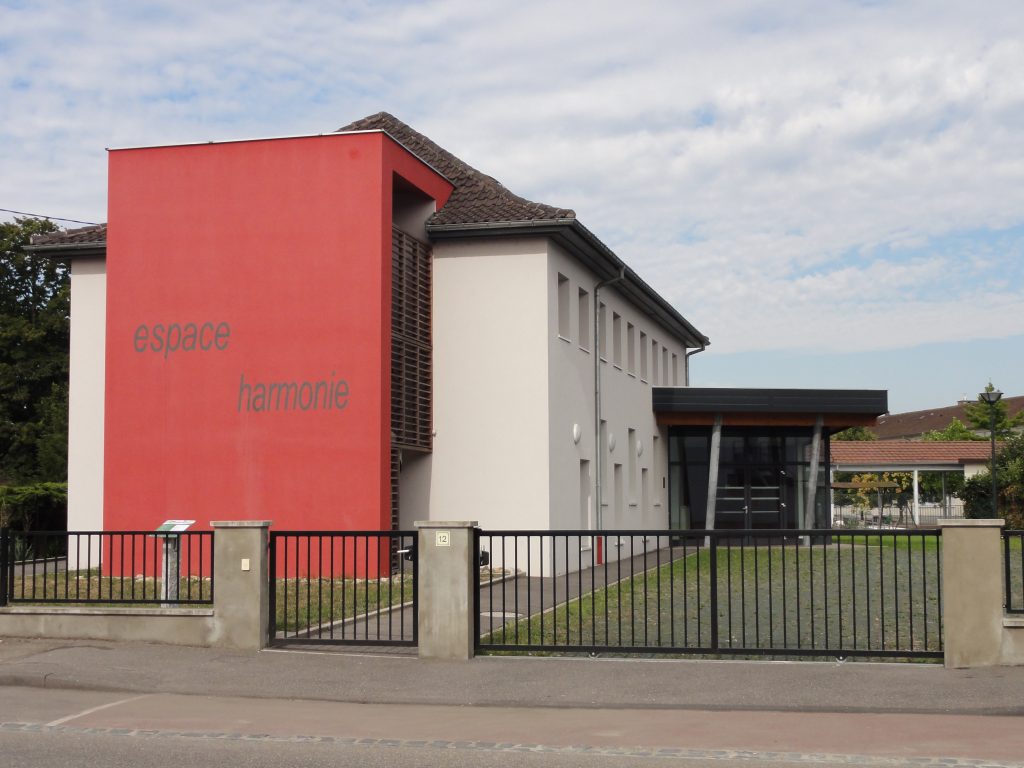The Jewish presence in Bischwiller dates back at least to the 14th century, since during the persecutions of 1349, references to those committed in the town were found. As in many other towns in the region in the following centuries, Jews were allowed to stay there during the day for certain economic activities, but not to reside there.

Thus, it was not until the consequences of the emancipation of the Jews on the national territory during the French Revolution that they settled in the city. As the industrial revolution opened up the city, Jewish families settled in the early 19th century, but their presence evolved slowly. In 1826, 17 Jews lived there. In 1851, there were less than 100 Jews, most of whom came from other towns in the region. The Jews of Bischwiller actively participated in the economic development of the town. In particular in the manufacture of sheets with Maurice Blin, known for their quality (as evidenced by the silver medal obtained at the Universal Exhibition of 1867) and whose factory provided many jobs in the region until 1976.
The demographic development accelerated in the 1850s, reaching 246 Jews in 1866. This development led to the decision in 1856 to build a synagogue. A Jewish cemetery was made available in 1857. A year later, the construction of the synagogue was undertaken at the corner of rue Leclerc and rue des Menuisiers.
Destroyed during the Holocaust, a plaque was placed in 1997 on the building where the synagogue was located. The Shoah claimed 37 victims among the Jews of Bischwiller. After the war, the community was rebuilt. A new synagogue was inaugurated in 1959. There were at the time about sixty Jews in Bischwiller, but this number decreased to a few families at the turn of the century. Bought by the town hall in 2009, the synagogue was transformed into Espace Harmonie three years later. In 2015, a commemorative plaque was placed on the building.
A concert by the choir Le Chant sacré and the ensemble Klezm’hear took place at the synagogue in Haguenau on 22 June 2025, bringing together liturgical music and klezmer folk music.
Sources: judaisme.sdv.fr, dna.fr